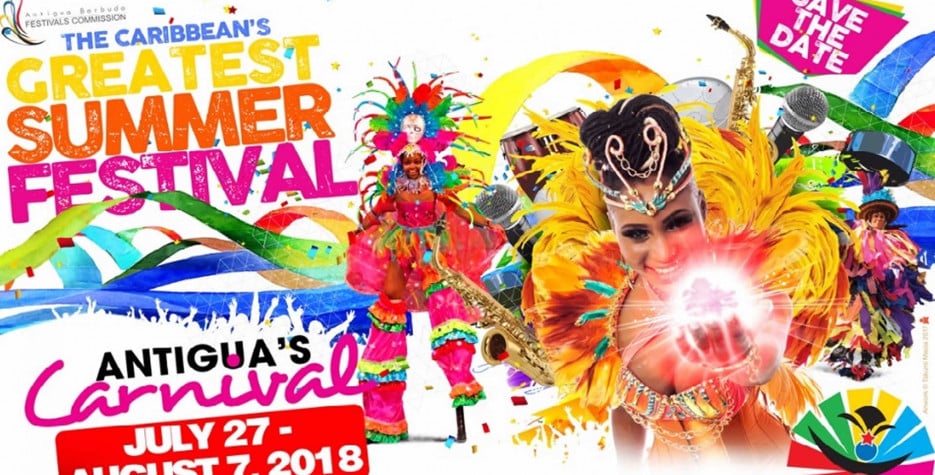When is Emancipation Day in Antigua and Barbuda?
Emancipation Day is Antigua is celebrated with two days of public holidays in Antigua and Barbuda.
Combined with the annual carnival, the holidays are observed on the first Monday in August and the following Tuesday.
History of Emancipation Day in Antigua and Barbuda
The colonial history of the islands is dominated by one crop - sugar cane. In the 17th century, the British started to establish sugar cane plantations. These plantations needed a plentiful supply of cheap labour which meant the arrival of African slaves, a practice which continued until the transport of slaves from Africa was banned in 1807.
The ending of slavery in Antigua and Barbuda differs in two ways to the rest of the British Caribbean colonies.
Firstly, in 1680 Charles II granted Barbuda to the Codrington family. As Barbuda was not under British control, it did not have to abolish slavery on August 1st 1834 like Antigua but decided to free its slaves anyway.
Secondly, and uniquely among the British Caribbean colonies, Antigua gave immediate full emancipation rather than having a four-year 'apprenticeship,' or waiting period.
To commemorate the earliest abolition of slavery in the British Caribbean, Emancipation Day is celebrated with Antigua's annual carnival.
Carnival
The traditional date of carnival in Antigua and Barbuda was during Christmas. In 1953, a one-day summer carnival took place in June as part of the coronation celebrations for Queen Elizabeth II.
This summer date was such a success that there was a clamour to repeat it and after looking at summer carnivals elsewhere in the Caribbean, the proposal was made for a carnival to mark Emancipation Day on the first Monday in August.
Antigua celebrated its first carnival in August 1957 and over the years it has grown into the major festival it is today. The party gets underway on the Thursday before Emancipation Day and continues until the following Tuesday.
Carnival Monday: J'ouvert
A colourful spectacle on the early morning on the Monday is the J'ouvert (from the French creole word "Jour Ouvert" meaning 'daybreak'), a street party that mimics the celebrations that took place on August 1st 1834 when slavery was abolished.
Carnival Tuesday: Last lap
The day after is Carnival Tuesday which brings the carnival to a close with 'last lap', when the last parade takes places ending with a large party that continues to midnight.


